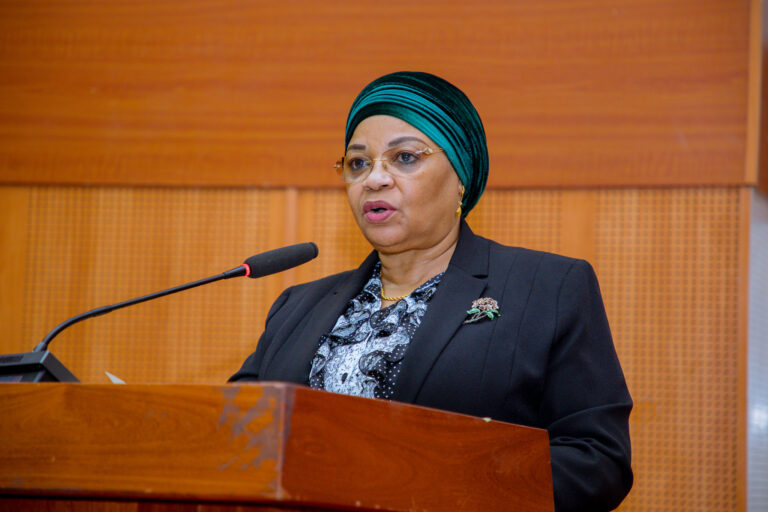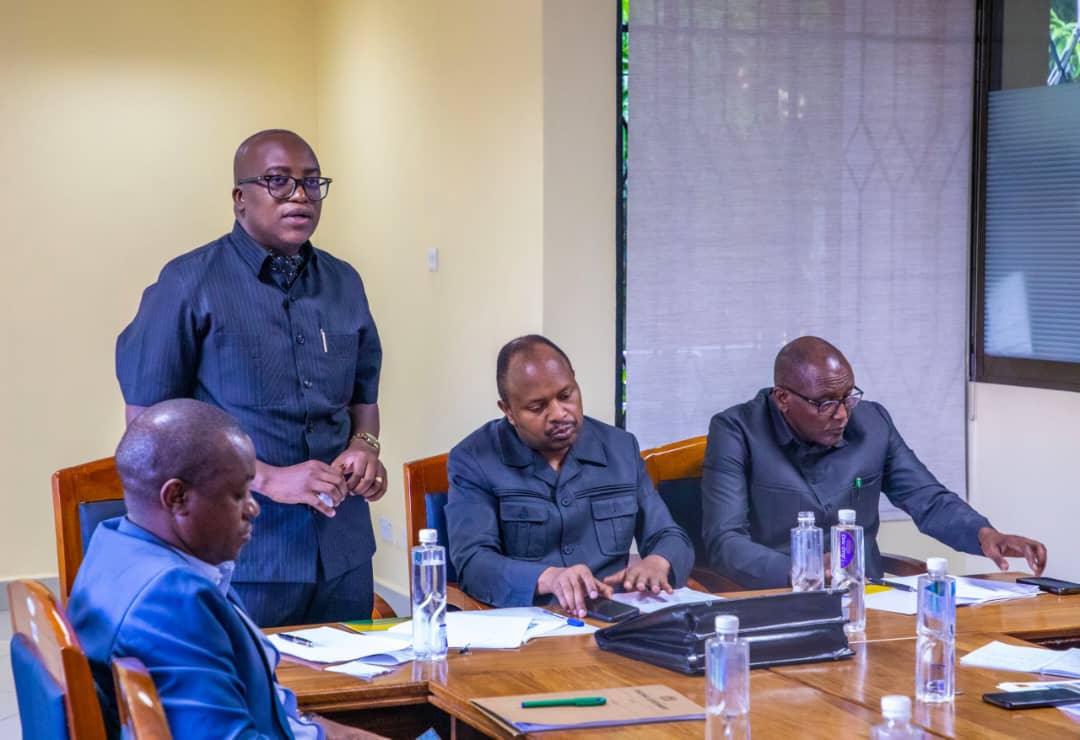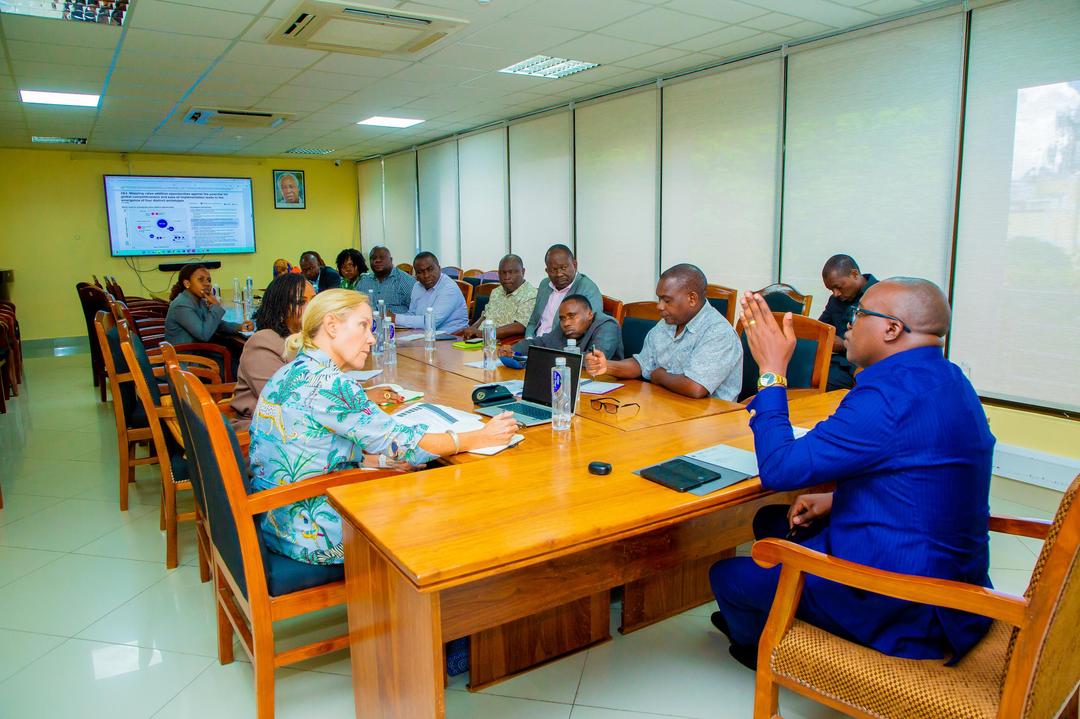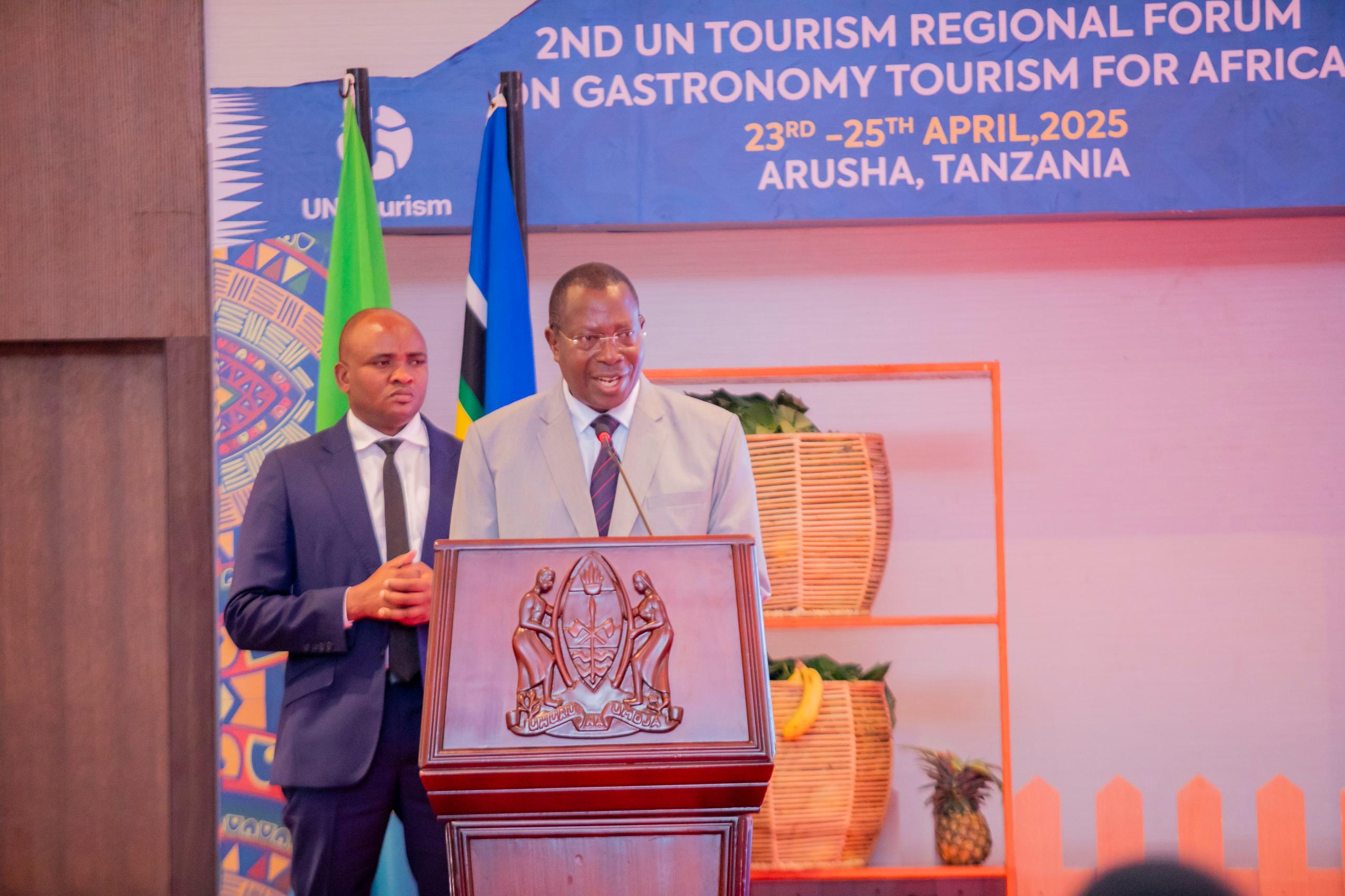Dodoma. Tanzania has been listed among countries earmarked to graduate from the United Nations’ category of Least Developed Countries (LDCs) to that of developing nations, following significant strides in economic and social transformation over the past two decades.
This was revealed in Dodoma by the Permanent Secretary in the Ministry of Finance, Dr Natu El-maamry Mwamba, during a preliminary assessment meeting conducted by the UN’s Committee for Development Policy through the United Nations Conference on Trade and Development (UNCTAD).
Dr Mwamba attributed the recognition to Tanzania’s robust economic policies that have sustained growth and strengthened resilience.
She noted that between 2000 and 2024, the economy grew at an average rate of 6.2 percent annually, while per capita income rose from $453 in 2000 to $1,277 in 2023.
“Extreme poverty has fallen from 36 percent in 2000 to 26 percent in 2024 due to prudent fiscal policies and increased private sector lending,” she said, adding that inflation has remained under control within single digits, thereby bolstering economic stability and enhancing citizens’ purchasing power.
She highlighted flagship infrastructure investments, including the Julius Nyerere Hydropower Project, which is Tanzania’s largest energy undertaking, and the ongoing construction of the Standard Gauge Railway (SGR) from Dar es Salaam to Dodoma.
Improvements in education, healthcare, industrialisation and job creation have also been central to meeting the UN’s graduation benchmarks.
Dr Mwamba expressed the government’s appreciation to the UNCTAD expert team that has commenced the initial review process and pledged full cooperation to ensure the exercise is successfully completed.
He further said the evaluation will help Tanzania refine its policy framework for sustainable, inclusive and resilient growth.
The UN Development Programme (UNDP) Resident Representative, Mr Shigeki Komatsubara, reaffirmed the UN’s commitment to supporting Tanzania through the transition, describing the current assessment as part of wider collaboration between the UN, development partners and the Tanzanian government.
“This is a participatory process that will involve hearing the voices of Tanzanians across generations, because inclusive development is the surest path to durable progress,” he said.
The meeting brought together stakeholders from government institutions, the private sector, civil society, development partners, and representatives from both Mainland Tanzania and Zanzibar.
Their inputs will inform the assessment, which aims to identify structural, social and economic strengths, as well as challenges and opportunities ahead of the graduation process.
The UN’s graduation assessment is a crucial step towards Tanzania’s formal transition from LDC status, which will open new avenues for investment, trade and global partnerships, while also requiring the country to further strengthen its development strategies.







